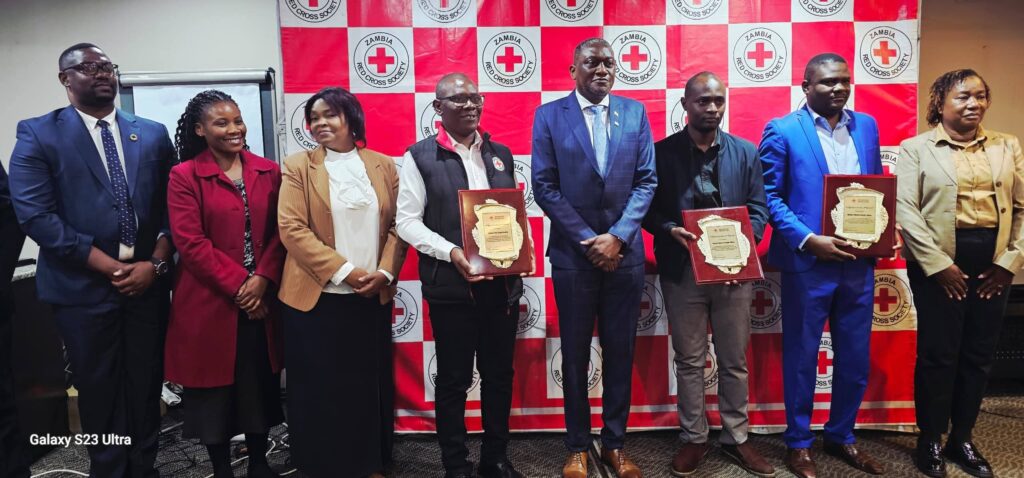The Permanent Secretary for Technical Services in the Ministry of Health, Dr. Kennedy Lishimpi, has highlighted the crucial role immunization has played in the success of child survival indicators in Zambia.
Dr. Lishimpi made this statement during a meeting to disseminate findings on the Immunization 5-Point Plan, a collaborative effort between the Zambia Red Cross Society and the American Red Cross Society.
Dr. Lishimpi emphasized that immunization is a vital primary healthcare service that significantly contributes to the prevention and control of many communicable diseases in children.
He noted that child mortality rates have declined by over 70% in the past 25 years, with the under-five mortality rate falling from 168 per 1,000 live births in 2001 to 64 per 1,000 in 2024. Additionally, the infant mortality rate has decreased from 95 to 29 per 1,000 live births during the same period.
Dr. Lishimpi attributed the progress to strategic partnerships and support that have enabled the national immunization program to expand its scope through the introduction of new vaccines, infrastructure improvements, and the availability of cold chain equipment.
He called for continued strengthening of the immunization program to ensure its sustained contribution towards achieving child health targets outlined in the Sustainable Development Goals.
The Zambia Red Cross Society Secretary General, Cosmas Sakala, represented by the organization’s Director of Programming, Dr. Jack Bbabbi, explained that the 5-Point Plan was developed and piloted in close collaboration with the Ministry of Health and partners.
He said the plan’s core components include mapping and identification, coordination and action, social mobilization, and evaluation.
Mr. Sakala highlighted that the 5-Point Plan has demonstrated the potential of combining community knowledge, evidence, and coordinated action to achieve significant results.







OTHER ARTICLES
Editorial — Prevent, inform, and act for women’s health in Africa
Kenya : Government Prioritises Maternal Health and Strengthens Support for Community Health Promoters
Strengthening pandemic prevention, preparedness, and response capacities in Senegal using the “One Health” approach